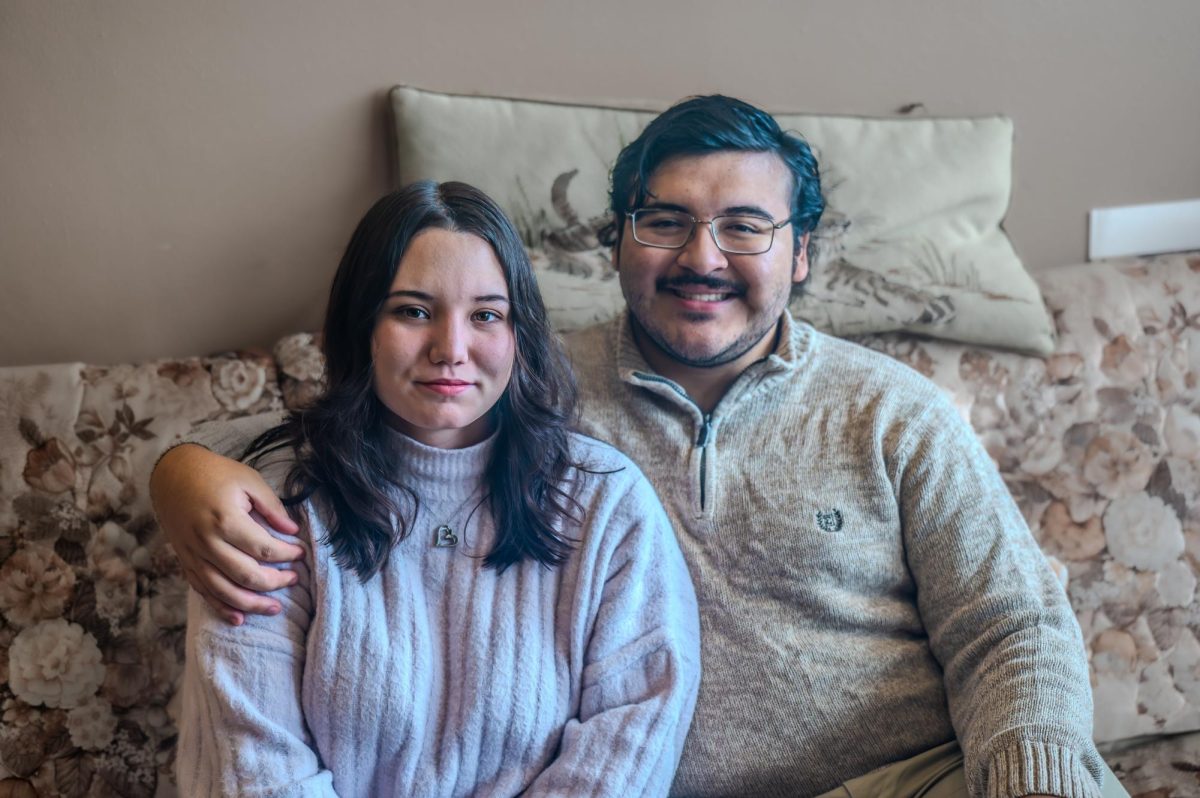By Joe Wlos
wlosjose@grinnell.edu
Grinnell’s Board of Trustees is beginning its discussion of the school’s financial policies and the progress of strategic planning this weekend, during the trustees’ first meeting of the year. Over two dozen trustees will gather in JRC 101, hearing presentations from President Raynard Kington and other members of the school community, to get an update on the state of the school.
While many students associate the administration with Grinnell’s policies, the Board of Trustees is ultimately accountable for the College and is an important part of the school’s decision-making process.
“The president’s job is to run the operation of the school, but when it comes to certain kinds of decisions, like [financial] policies or audits, that is a Board responsibility,” said Angela Voos, Vice President for Strategic Planning.
The Trustees meet every fall, winter and spring. Although common themes such as the endowment come up during each meeting, there are always a variety of issues on the agenda. Professors sometimes give Board members a summary of their research, and each year, the Board of Trustees must approve every graduate of Grinnell.
“Each meeting is so different,” Secretary of the College Susan Schoen said. “In the spring, it’s always nice, because the students who have won regional, state and national scholarships are presented. You can almost see the pride in the board members as they see how the education that is being given here really pays off.”
During Schoen’s tenure, which began in 1991, the Board of Trustees has gone through many changes. Twenty-two new trustees have been elected in the past decade, adding to the already large number of Board members and life trustees. Even though one of the most famous trustees, Warren Buffett, has left the board, other notable individuals will still be in attendance, such as the founder of Bruegger’s Bagels, Nordahl L. Brue.
The Board of Trustees is divided into nine committees, where “the work of the Board gets done,” Schoen said. The committees typically meet in person three times a year, but sometimes they require a larger commitment.
“There are some committees who get together off-site. For example, the investment committee meets in New York a lot, with our investment managers and meetings like that,” Schoen said.
That committee and others, such as advancement and enrollment, will be focusing on the school’s finances. Grinnell’s endowment cannot continue to sustain current spending levels, and changes must be made to the school’s policies to ensure Grinnell’s financial stability.
“The responsibilities of the Board and the responsibilities of the administration join together [in this issue],” Voos said. “Raynard has laid out a decision-making framework, where if it’s a board-related decision, the administration supports the board by first laying out what the problem is, then laying out some options, and then making a recommendation. The committee votes on that and brings it to the full board.”
In December, Voos said, the administration will be making its policies recommendations to make the College more financially stable.
Until then, the Board of Trustees will continue to discuss the problems facing Grinnell and the options, planning a brighter future for the College.



















































